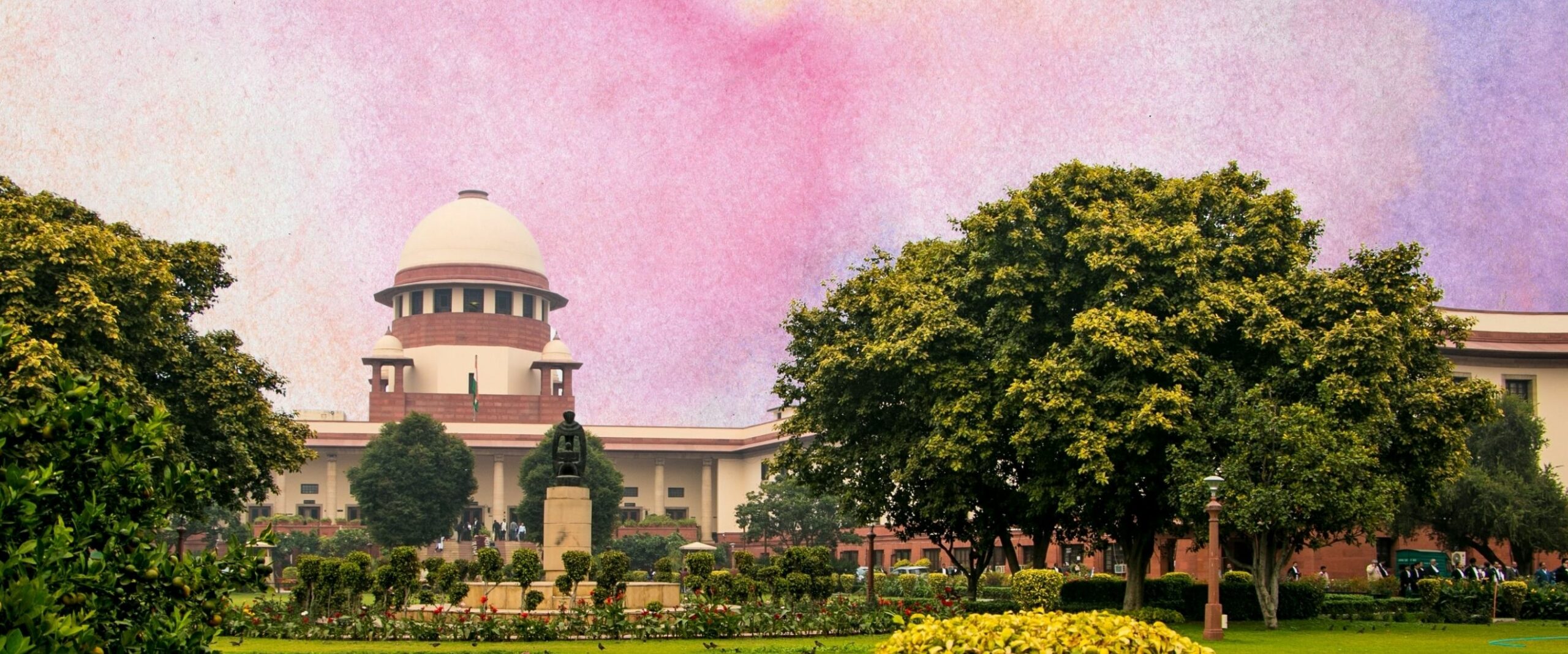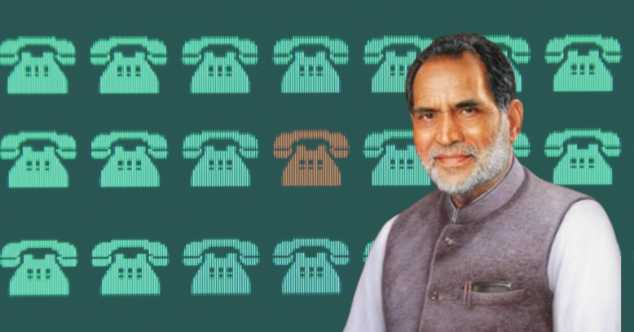Analysis
Looking Ahead: The Court in March 2022
The SC is expected to deliver judgments in key cases on reservations, the One Rank One Pension Policy and the hijab ban.

March promises to be an eventful month at the Supreme Court of India. Hybrid hearings are well underway and the Supreme Court (SC) is saddled with a docket filled to the brim with key cases.
Judgment Expected in Challenge to Vanniyar Reservations
The SC has reserved Judgment in the challenge to Tamil Nadu’s 10.5% reservations for Vanniyars within the 20% of seats reserved for Most Backward Classes in education and public employment. The 2021 Act providing these reservations was challenged by persons belonging to other Most Backward Classes at the Madras High Court. The High Court struck down the Act in November 2021. Subsequently, by December of the same year, the High Court’s Judgment was challenged at the SC. The SC is expected to deliver a Judgment deciding the constitutional validity of the Act in the coming month.
Court to Deliver Judgment in the Challenge to the One Rank One Pension Policy
The SC is expected to deliver a Judgment in the next few weeks on the Union’s One Rank One Pension Policy. This policy, introduced in 2015, aimed at providing the same pension to ex-servicemen of the same rank irrespective of when they retired. Pensions of past retirees would be reviewed every five years. This policy was challenged at the SC by a group of retired army officers on the grounds that it discriminated against earlier retirees.
Judgment Expected in the Hijab Ban Challenge
Karnataka’s controversial hijab ban in State educational institutions spurred almost immediate challenges at the Karnataka High Court and the SC. The SC has so far maintained a studied silence, deferring from intervening in the matter until the Karnataka High Court had delivered a Judgment. After twelve days of continuous hearings, a special Bench consisting of Chief Justice Ritu Raj Awasthi and Justices Krishna Dixit and A.M. Khazi is due to issue a Judgment in the coming weeks. The Judgment is expected to bring clarity to students across the State, who have been barred by an Interim Order of the same Court (dated 10th February, 2022) from wearing religious attire in classrooms. The Judgment, when delivered, may see a challenge at the Supreme Court from Muslim students.
Hearings to begin in the challenge to the Income Limit for AIQ NEET Reservations
In January, amidst mounting pressure from protesting doctors, the SC was prompted to deliver a swift judgment in the AIQ NEET case. Medical students had challenged reservations for OBC and Economically Weaker Sections (EWS) candidates within the All-India Quota for medical admissions. The SC upheld the constitutional validity of reservations for OBC candidates within the AIQ. It also upheld the validity of the eight-lakh income criterion to determine eligibility for EWS reservations for the 2021-2022 admissions cycle. However, the SC had said that it would hear arguments in March on the validity of this criterion for future admissions cycles.
Report of Interim Report of Pegasus Technical Committee to be Heard
The SC is expected to hear the Interim Report of the Technical Committee investigating the Union Government’s alleged use of the Pegasus spyware. In late July 2021, journalists, activists and politicians filed a clutch of petitions at the Supreme Court, requesting a judicial probe into the matter. The Supreme Court subsequently appointed a three-member Committee to inquire into whether the Union Government had used the Pegasus software to surveil citizens. The Committee, appointed in October 2021, submitted an Interim Report in late February 2022. The Court was initially scheduled to hear the Interim Report on February 23rd. However, the hearing has been pushed to March.
It remains to be seen whether the Court will continue hearing the challenge to Mr. Rakesh Asthana’s appointment as Delhi Police Commission in March, after multiple adjournments.



